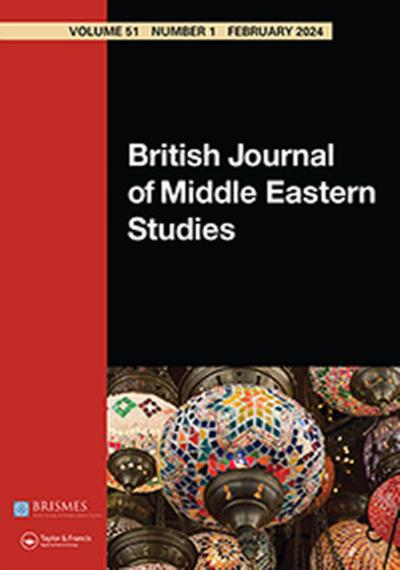Faryab Survey Comparison of Findings from Maymane, 2006 and 2009
How to cite this publication:
Arne Strand and Organisation for Sustainable Development and Research (OSDR) (2009). Faryab Survey Comparison of Findings from Maymane, 2006 and 2009. Bergen: Chr. Michelsen Institute (CMI Report R 2009:2)
This is a follow-up to an earlier survey conducted in Maymane district by the Organization for Sustainable Development and Research (OSDR) during a two-week period in early November 2006. In that survey 183 interviews were undertaken in 24 villages, of which 67 were with women and 116 with men. This was part of a conflict sensitivity analysis designed to inform a planned increase in Norwegian civilian involvement in the province.
The present follow-up survey took place in late December 2008 and early January 2009, in the same 24 villages. In all 201 persons were interviewed of whom 78 were women and 123 men. The interviews were supplemented by observations made by the interview team to help interpret the difference in responses between the 2006 and the 2008/9 surveys.
The survey identified two general trends from 2006 to 2009: (i) reduced trust among the population in the UN and ISAF, and (ii) a marked increase in development projects and their perceived quality and usefulness.
The improvements noted regarding the number, impact and quality of development projects might have help explain the increasing trust in Afghan institutions and the NGOs. However it fails to explain the increased trust in the Afghan police and the army and the sharp reduction of trust in the UN and ISAF. This is particularly puzzling as the villagers report no major change in the security situation, which was reported as ‘fairly good' in both 2008/9 and 2006.
One possible explanation for decreasing trust in the internationals could be the increasing criticism leveled by the Afghan government against the international community, and growing awareness and concern over loss of civilian lives caused by international forces (whom the majority in this survey believe to be "American" in Faryab). While not directed primarily towards the UN as an organisation, a lack of a visible presence and projects in the field might have reduced the population's support. More generally, it could be a backlash against the large and visible international presence, and reflect disillusionment over lack of progress towards peace and prosperity. A particular concern is the large number of women who express almost a complete lack of trust in the security and development representatives of the international community.
Read Understanding Afghanistan - a comprehensive analysis of Afghanistan conducted by the Development and Recovery Consortium with input from CMI for DFID





